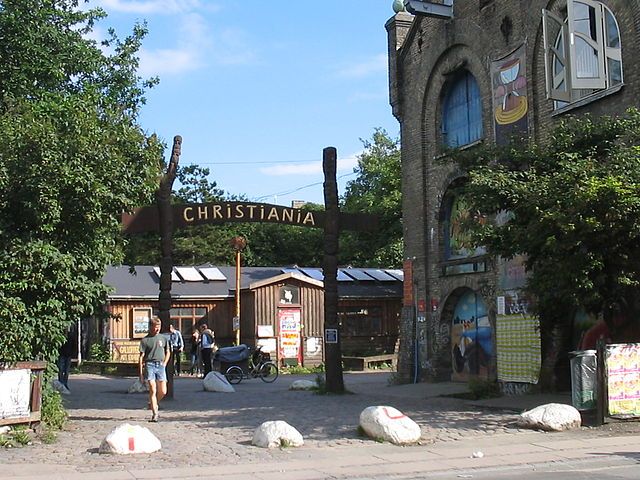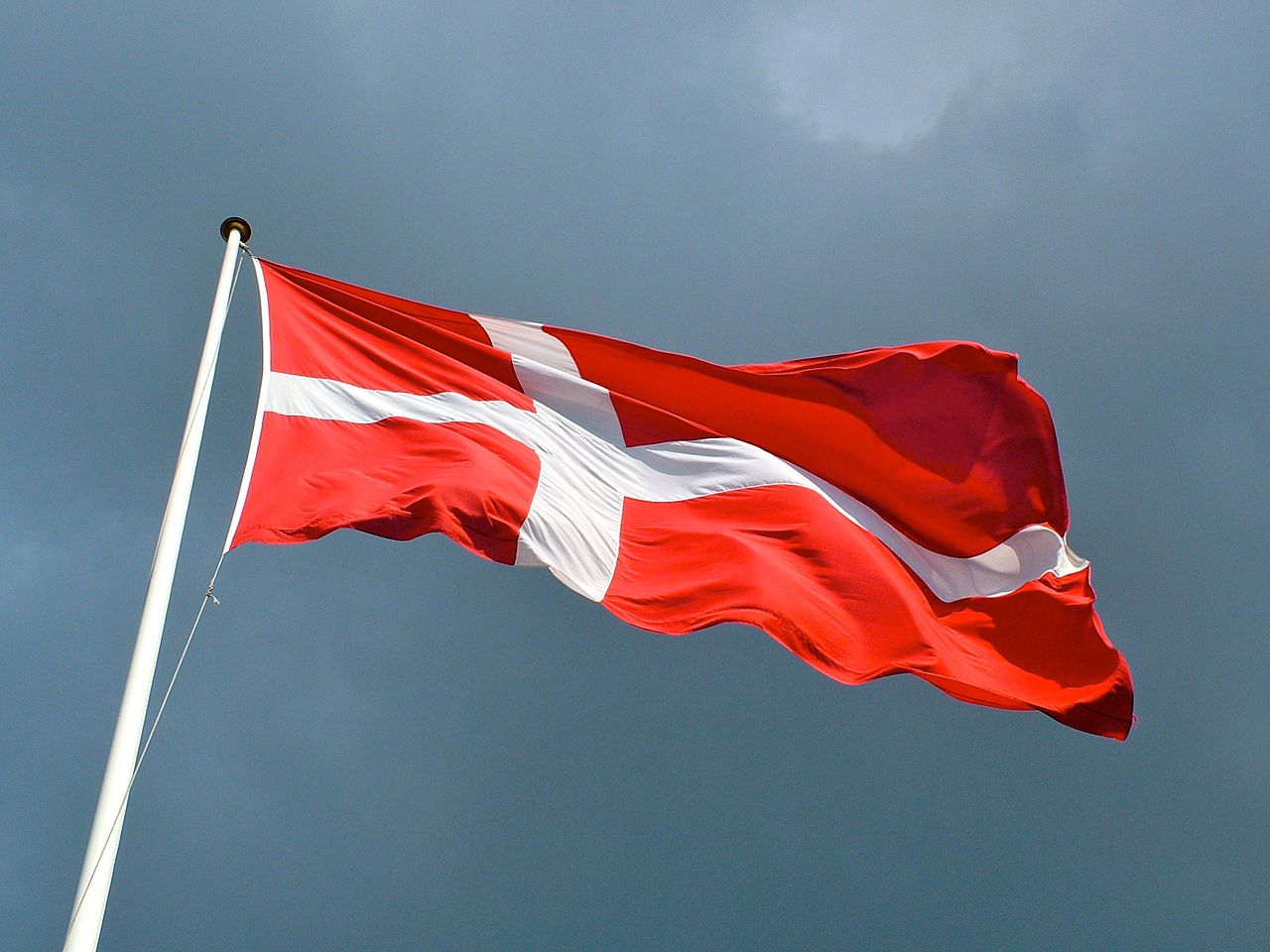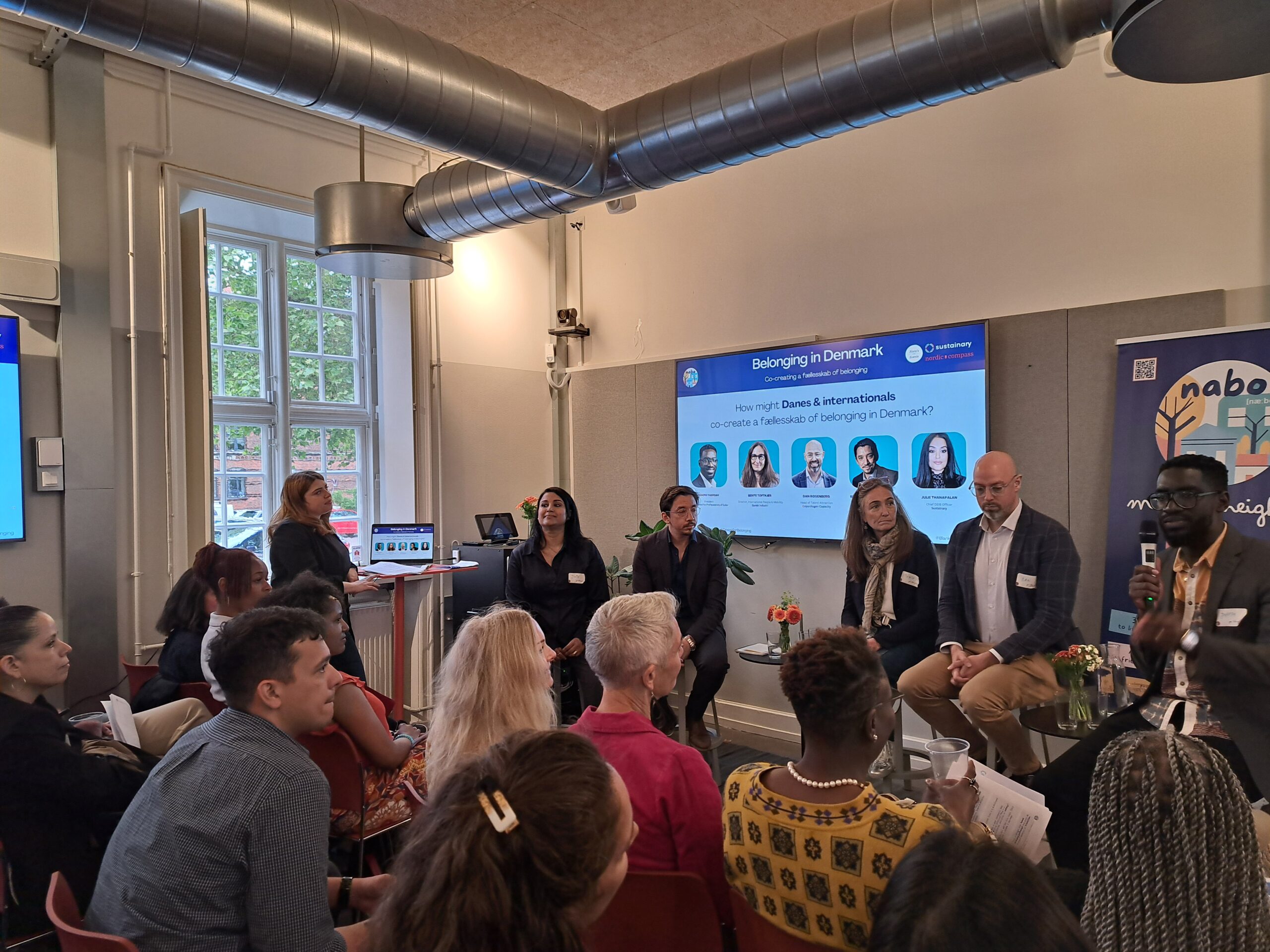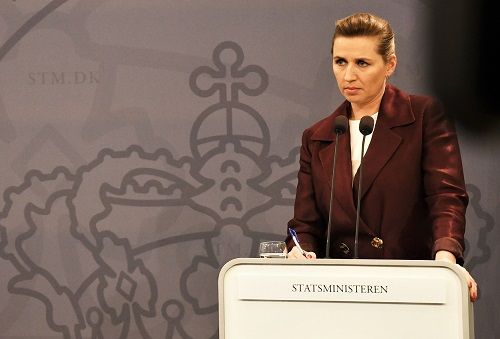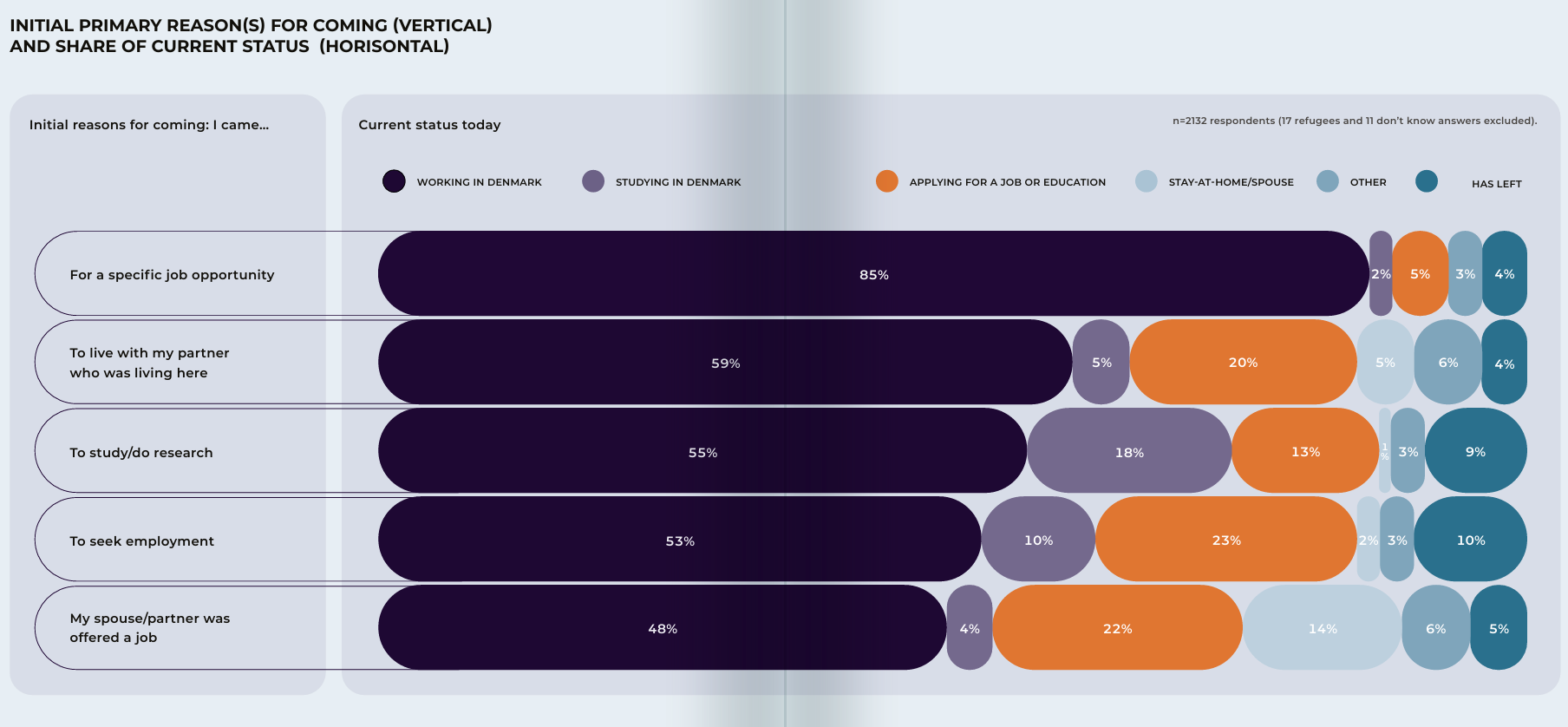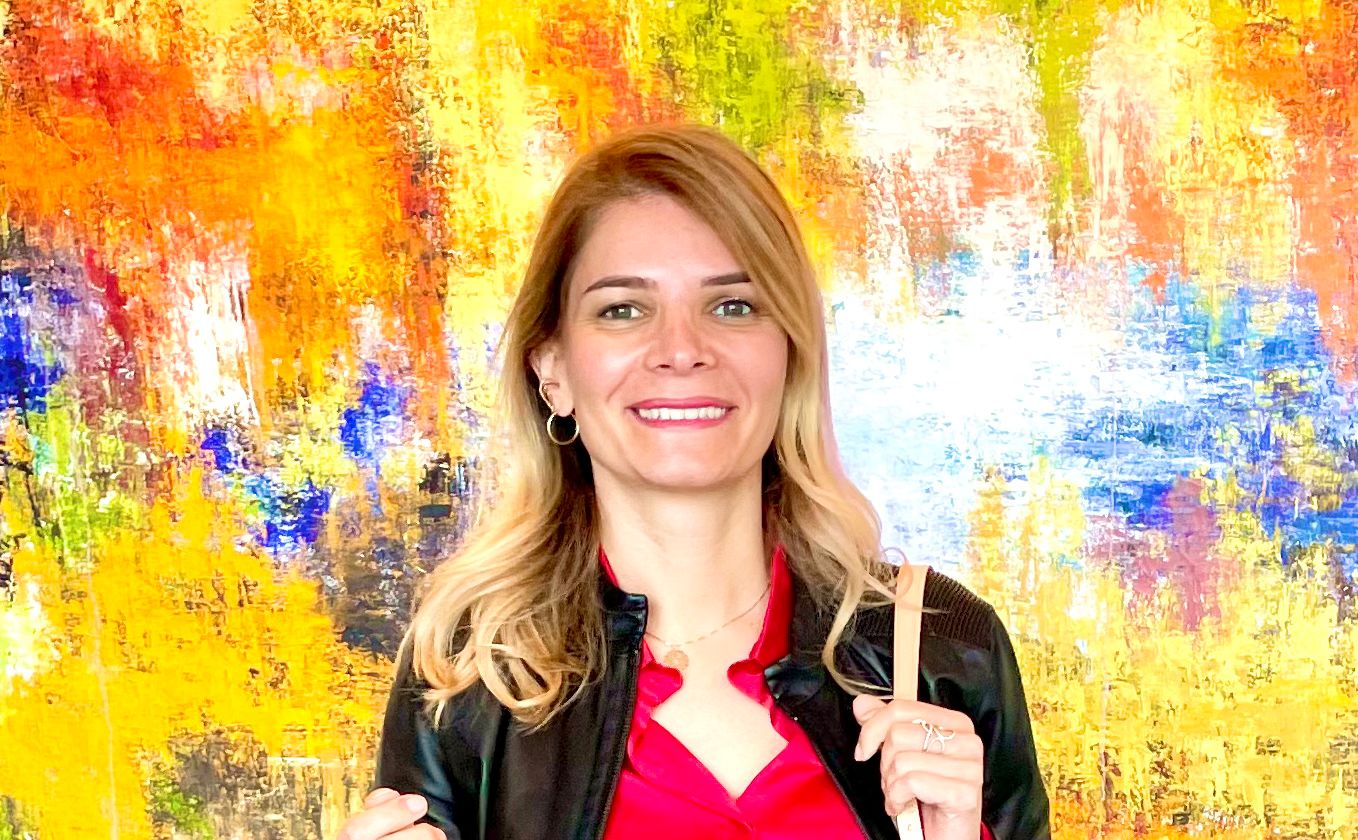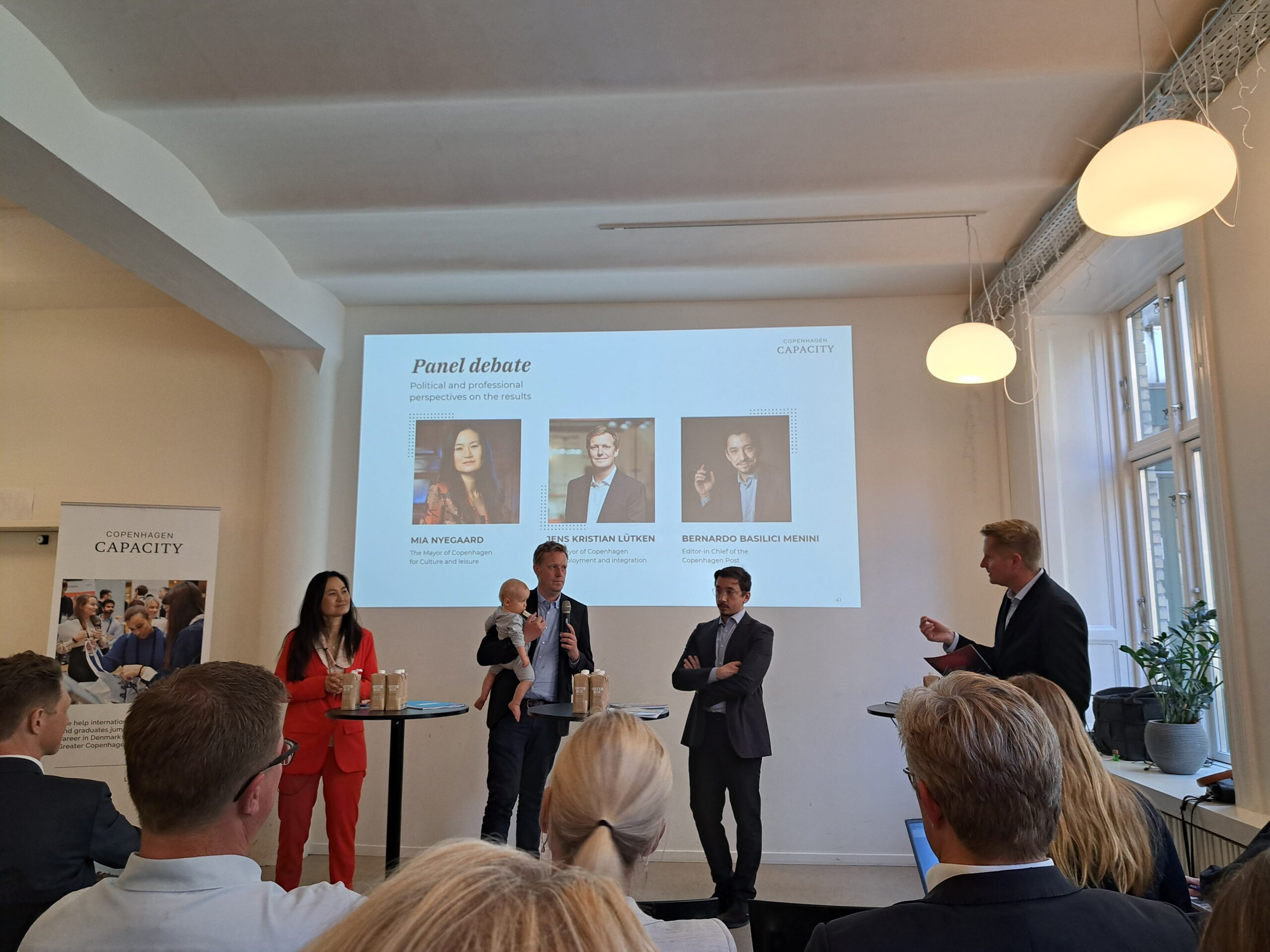The old ramparts at the edge of Christiania are usually tranquil and calm, but cycling along them this morning I find myself needing to navigate around workers in bright jackets and piles of construction equipment. The wind is bitingly cold, and the thin air is thick with the smell of new wood and wood smoke. But even though the ground is frozen solid, new growth is appearing.
I’m here to speak to a Christiania resident about life in the commune. The eyes of the world media focussed sharply on Freetown nearly a year ago when residents closed down Pusher Street. At the same time, they were implementing details of the deal made with the Danish state. Among other things, this stipulates that Christiania has to build 15,000 square metres of public housing on its premises. Looking at the deep foundations being dug just metres from Sofie’s home, it’s clear that it’s been anything but quiet here. But what is it like for the everyday residents? What is it that keeps the wheels moving?
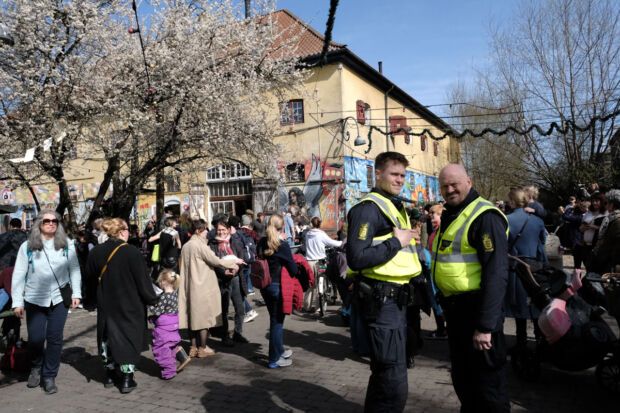
“I moved here when I was 25 with my 2-year-old son, into a collective.” Originally occupied in 1971, Christiania has been run as an ‘intentional community’, and these collectives are spaces of communal living and participation at the heart of the Free Town. Shared spaces within a shared space.
I’ve always wondered what the process of moving here was like. “Well they say you either are born here, you find a partner that lives here or you go through the collectives in the centre of Christiania.”
From the outside, it can look quite closed off. The high walls of the old military fortress, for which the Christiania Foundation is responsible, can look a bit like they’re keeping outsiders out.
“Well, people from the outside do come in… When there’s an empty house, everyone can apply. Sometimes we realise we need some new blood in here.” But does that happen a lot in practice? Sofie seems to roll it over. “No, but there are good reasons for the neighbourhood system, this is the social capital that we give to our children”.
The house is warm and surrounded by trees. If it wasn’t for the occasional dog walker or jogger outside it really wouldn’t feel like we were in the middle of a capital city. It feels a world away from the hectic market area around the cobbled remains of Pusher Street.
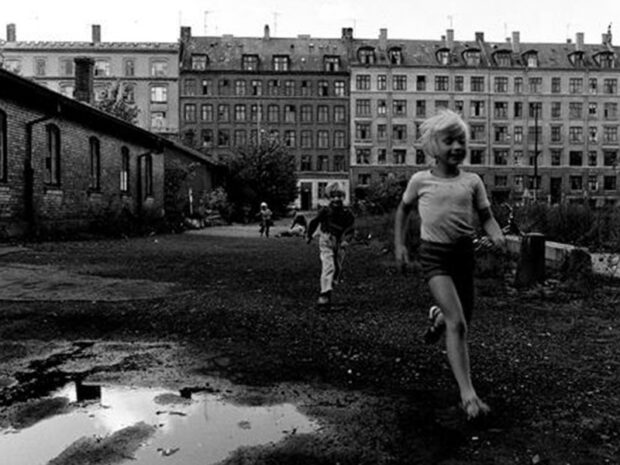
“I think it’s easy for me to say because I live out here hidden, but I actually like that there’s a lot of tourists here… it’s important that people come and see people can live in a different way.” I look at the children’s toys around her kitchen. “We could inspire the world”. Whilst some people might come here to escape, I get the impression that Sofie has come to create some new possibility, if not for the world then perhaps for herself and her family.
But how does it work? I’m full of questions that I’m afraid probably reflect where I am in life and my priorities right now. Who provides and maintains the utilities? Who pays for the people who empty the trash cans and mend infrastructure? After all, tourist guide after tourist guide lists Christiania as a major attraction. But this isn’t an amusement park, it’s surely like any other neighbourhood in Copenhagen, in that things need to function.
“We pay Christiania, so we have a common economy. Each adult pays around 1,600kr a month on top of rent and water (and other utilities).” So just like every other neighbourhood? “Yeah, but when they come to fix things… I know them, and they come for free and they (just) do it. One thing I’m really proud of is our infrastructure and how it works.”
These utilities can’t all be self-produced. Christiania is surrounded by a technological and bureaucratic government and exists in an increasingly globally focused country. So how does Christiania still exist?
It comes down, in part, to many negotiations and deals with the Government, and several governing committees within Christiania itself. I ask Sofie how these wheels keep turning.
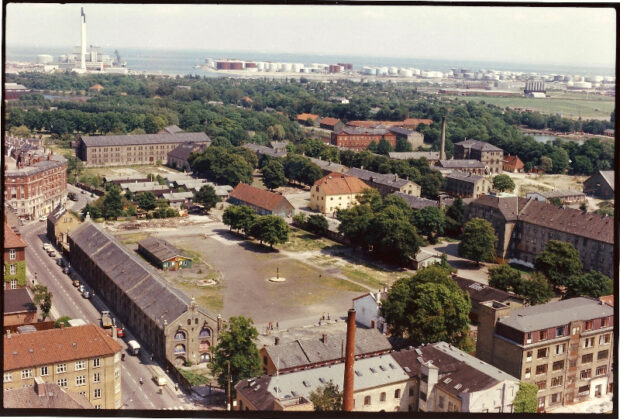
“If you think this is just a hippie place, you’re totally wrong… we go from far left to far right- I think we’re the most diverse place.” This sounds like a lot of work… “It is, and we have consensus democracy so we have to agree on things… so sometimes things go in a direction you don’t like, so you have to, I don’t know, swallow something”.
This comes up a lot when I speak to Christiania residents. Consensus democracy is where all have a direct voice. I’m presented with a pretty dizzying world of committees and decision groups. So many of these things are taken out of your hands outside of Christiania’s walls- I get the sense that here, all must participate. And that this is the energy that keeps Christiania going.
“The meetings can be tough and it can really go from you thinking this is the most ugly thing in the world to this is the most beautiful thing in the world.”
Perhaps the biggest example of this consensus democracy took place last year when Christiania made headlines around the world. In the end, it wasn’t Police raids, greater punishment or Governmental crack-downs that closed Pusher Street. It was because the people of Christiania acted. The decision came from the ground up.
Sofie is even more direct about the involvement, “we’ve made our own state and we are all involved, and we are all politicians. That’s the experiment and it still is, no matter whether Pusher Street is there or not.”
It showed something of a new dawn when watching the residents tear up the stones from Pusher Street was Danish Justice Minister Peter Hummelgaard. “To safeguard that Christiania will continue to be a vibrant, colourful, creative part of Denmark, it needs to be a place without organised criminal gangs”, he said.
Even in this new world, there is still a spirit in Christiania. Uniting a philosophy of radical self-reliance and direct participation. For some this is maybe an ideological thing, or something in defiance of the state and wider political system. Or perhaps it’s borne out of necessity.
Either way, a lot of hard work goes into it. Maybe this is why such a strong identity is formed by the nearly 1,000 or so residents of Christiania. They are still here, adapting and building, based on the same principles and practical concerns as ever before.
To get more information on the new negotiations between the state and Christiania, I reached out to the Christiania Press Office. The response was short. There wasn’t much information they could tell me. There was no fancy office helping the press, or material to shed more light on what was driving the negotiations forward.
Ultimately the message is the same. “We are just ordinary people, living in an extraordinary place.”

